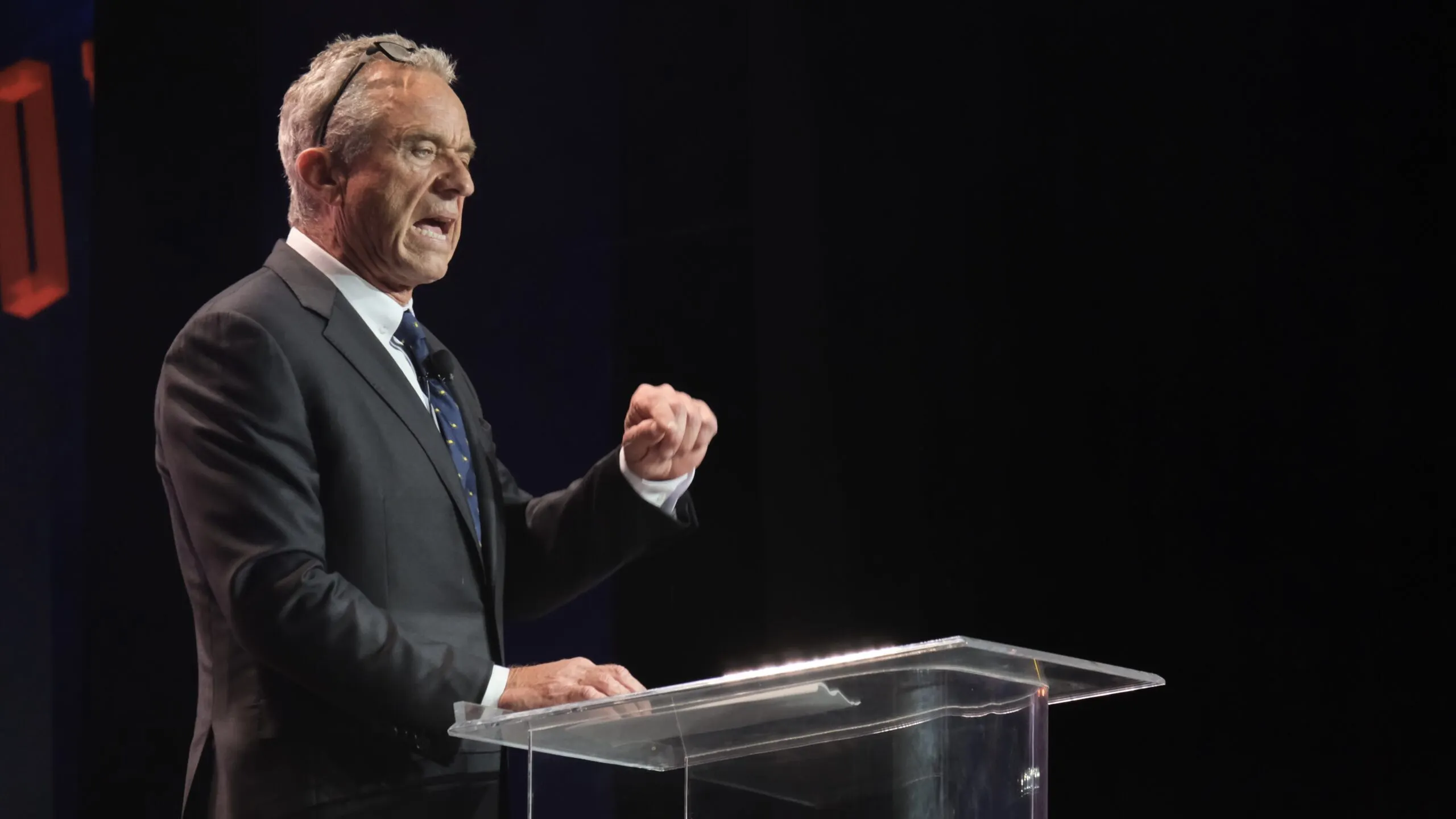U.S. Democratic presidential candidate Robert F. Kennedy Jr. has again jumped to defend Bitcoin, endorsing arguments that the environmental impact of the world’s largest cryptocurrency isn't nearly as dangerous as it's reported.
Commenting on Sangha Systems director Daniel Feldman’s recent Twitter thread describing how a “symbiotic relationship” between Bitcoin mining and the energy produced from renewable sources “solves problems and makes the other better,” RFK Jr. called it an “interesting argument.”
Sangha Systems is a multi-pronged firm that's launched a Bitcoin mining firm in Illinois called 82 River North and reportedly operates the "resilience token" in collaboration with Aon Insurance.
“At the very least, environmental argument should not be used as smokescreen to curtail freedom to transact,” he added.
Interesting argument that bitcoin not so bad for the environment after all. At the very least, environmental argument should not be used as smokescreen to curtail freedom to transact. #Kennedy24https://t.co/0BNbIJ9eoD
— Robert F. Kennedy Jr (@RobertKennedyJr) July 30, 2023
Reciting a catalog of alleged advantages Bitcoin mining brings to the economy, Feldman emphasized that, contrary to popular media narratives, it is “a solution to improve the electric grid and lessen reliance on fossil fuels.”
The problem, he wrote, is that most renewable energy sites are not profitable without government subsidies.
Feldman further argues that “the usual terms of climate debate must turn away from polarization and towards innovation,” which is especially relevant in circumstances when “green energy investor focus is often not energy sales, but is instead the contrived / creative financial engineering involved in maximizing tax credits.”
“The flow of these tax credits are controlled by the large banks that get bailed out in times of financial crisis, the very same banks Bitcoin will free us from,” said Feldman, adding that “Bitcoin mining creates a global market for electricity that will encourage investment into renewable energy projects with a new revenue frontier.”
Robert F. Kennedy Jr. and Bitcoin
While Kennedy’s chances of winning the Democratic party's nomination are relatively low, with bookmakers putting his odds earlier this month at around 11%, he's nonetheless drawn the support of many Bitcoin maximalists in recent months.
The 69-year-old politician praised Bitcoin during a keynote address at Bitcoin 2023 in Miami in May, saying it was the Canadian government’s move to clamp down on truck drivers protesting COVID-19 restrictions at the beginning of 2022 by freezing bank accounts that helped him understand Bitcoin’s value.
Kennedy also said that supporting Bitcoin is both an “exercise and a guarantee” of civil liberties he’s committed to protecting.
He later slammed central bank digital currencies (CBDCs), calling them "instruments of control and oppression” that “are certain to be abused.”
Last week, Kennedy revealed he even bought a total of 14 Bitcoin—two for each of his seven children.
Crypto's climate concerns
In recent years, the environmental impact of Bitcoin has been a subject of significant debate and concern, mainly due to the fact that Bitcoin mining, the process through which new coins are created and transactions are verified, heavily relies on energy-intensive computational power.
Additionally, there have been ongoing discussions about implementing more energy-efficient consensus mechanisms to reduce the environmental impact of Bitcoin mining.
One such organization urging Bitcoin-friendly financial services companies to switch to what it calls a “cleaner protocol,” is Greenpeace USA, however, as Daniel Batten, the co-founder of an ESG focused-fund manager CH4 Capital, recently stated, many of the facts and figures used by the non-profit to demonstrate Bitcoin’s environmental harm are misleading, if not outright false.
According to data from Cambridge University, global Bitcoin mining operations currently use an estimated 137 TW/h (terawatt hours) per year, which is slightly more than the entire country of Ukraine with 134 TW/h.
To address these concerns, some initiatives have emerged to promote sustainable mining practices and the use of renewable energy sources for Bitcoin mining.

